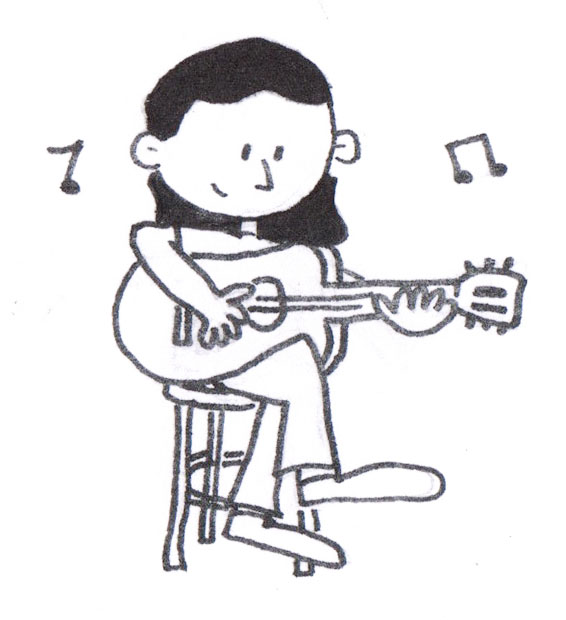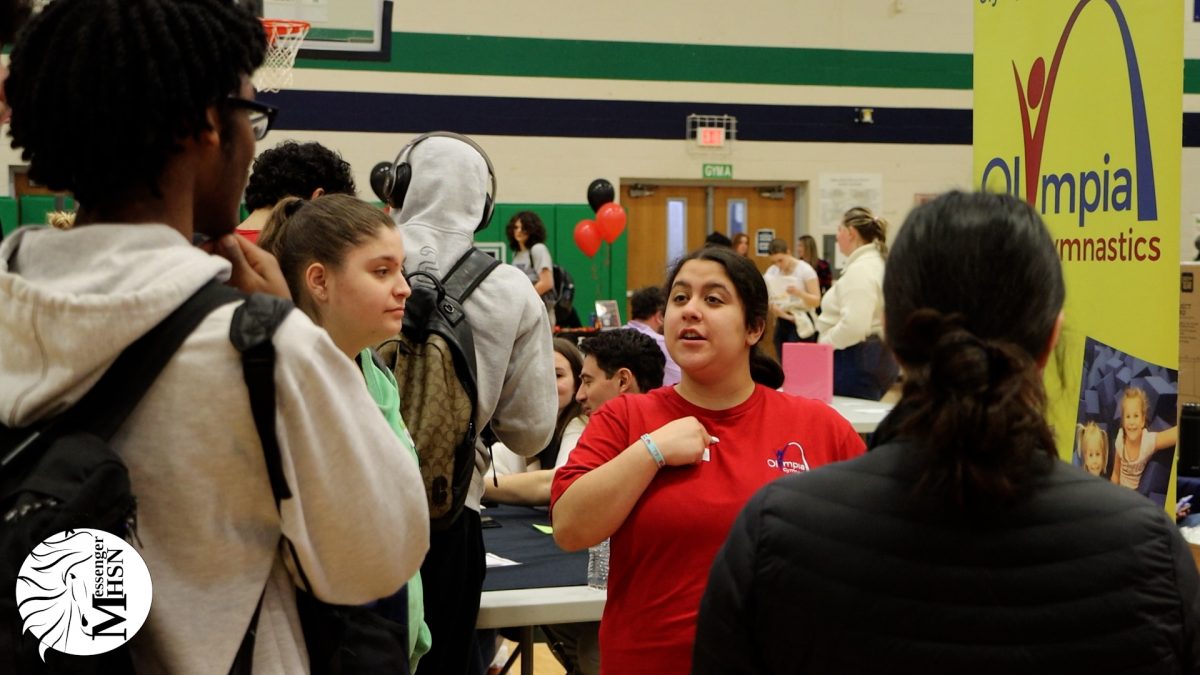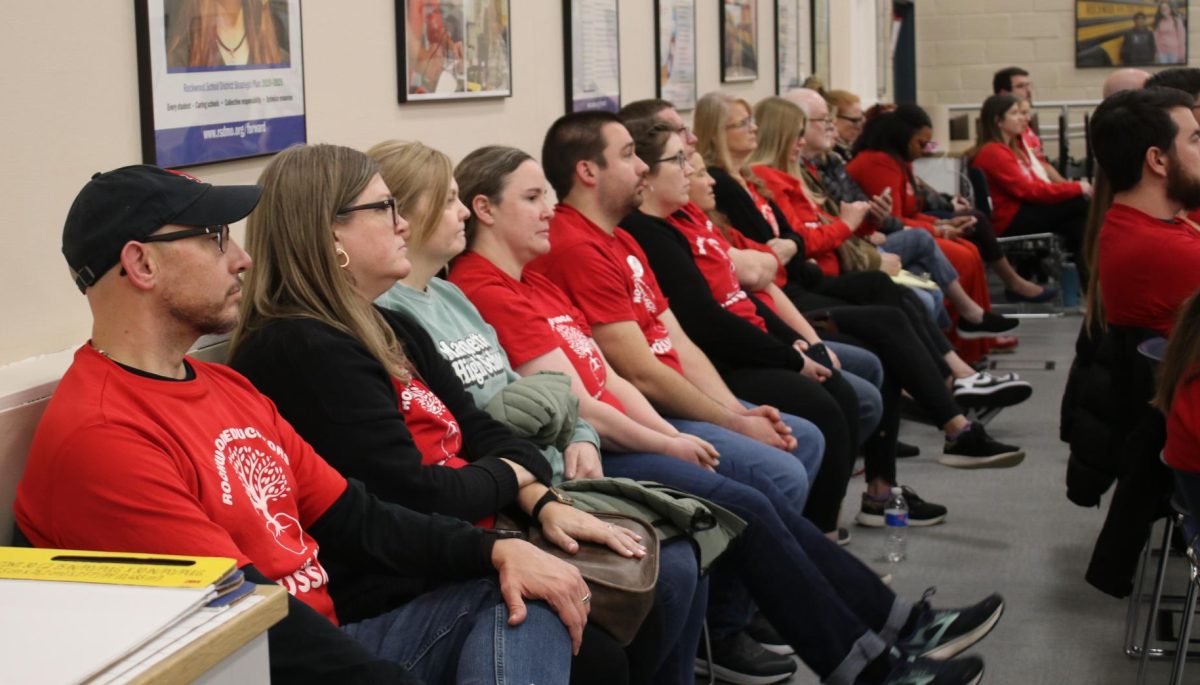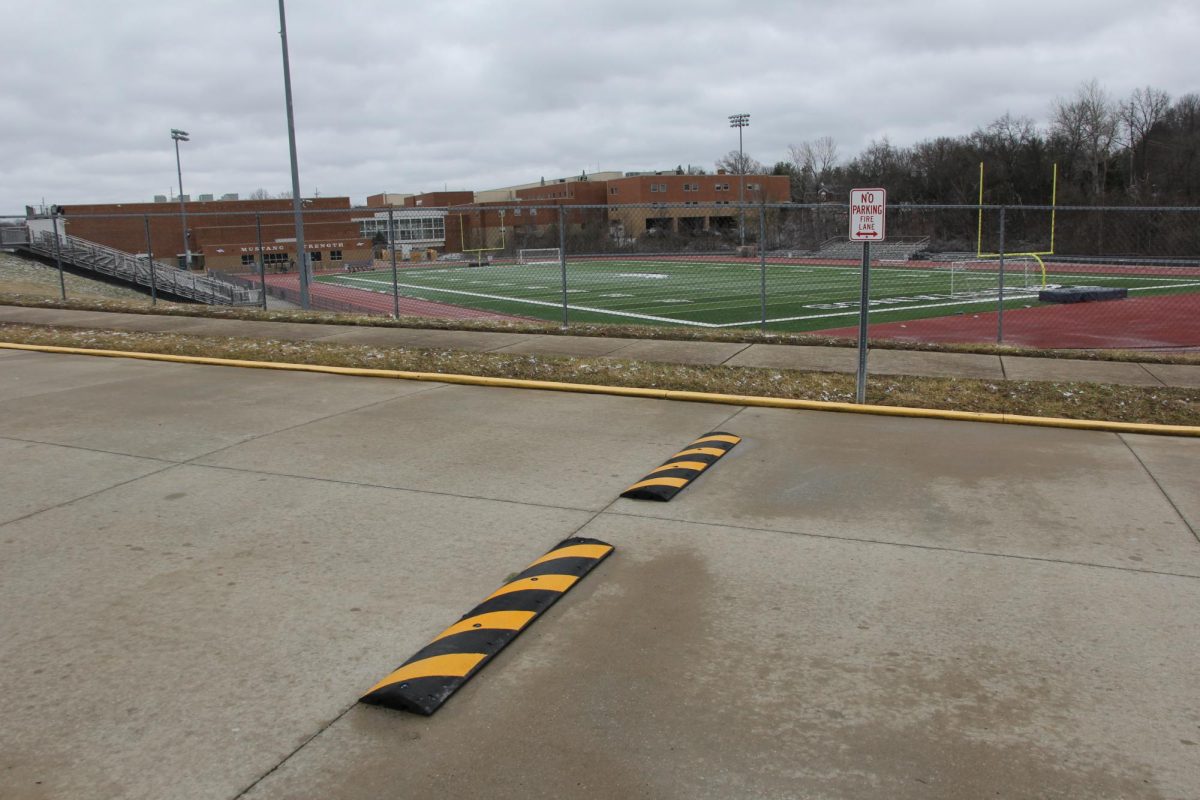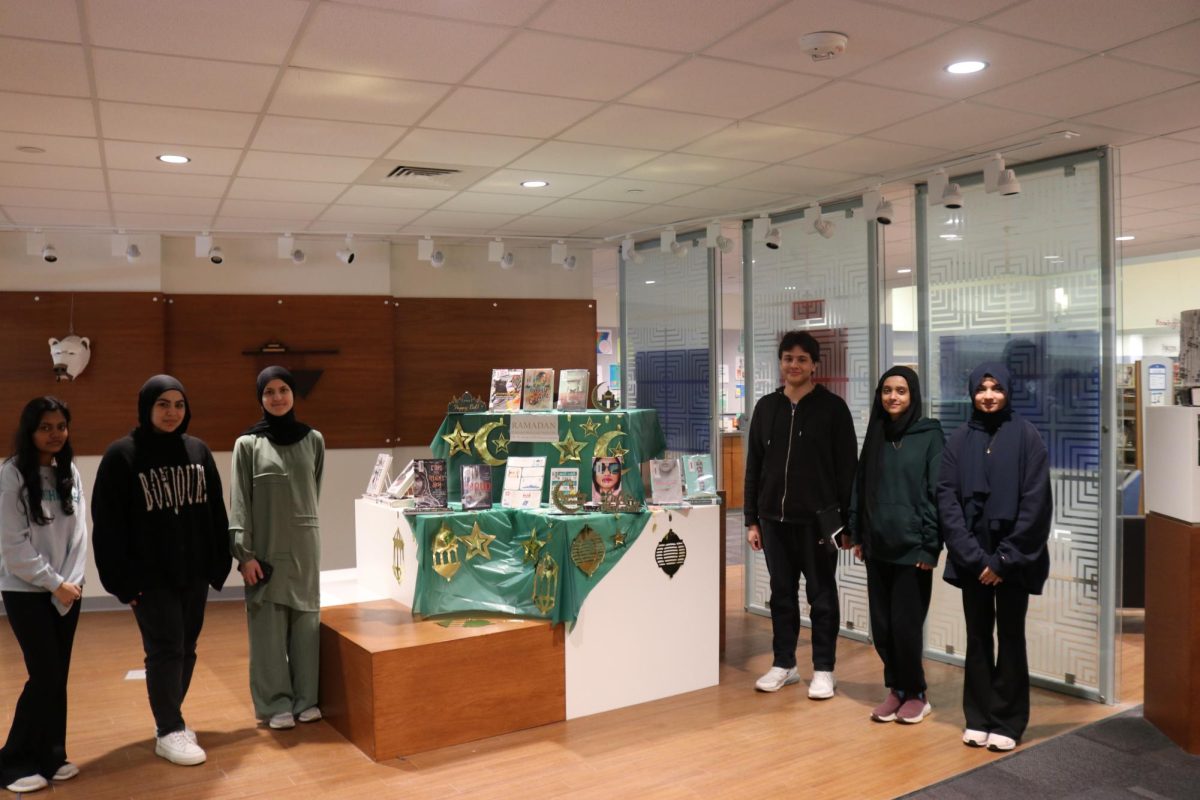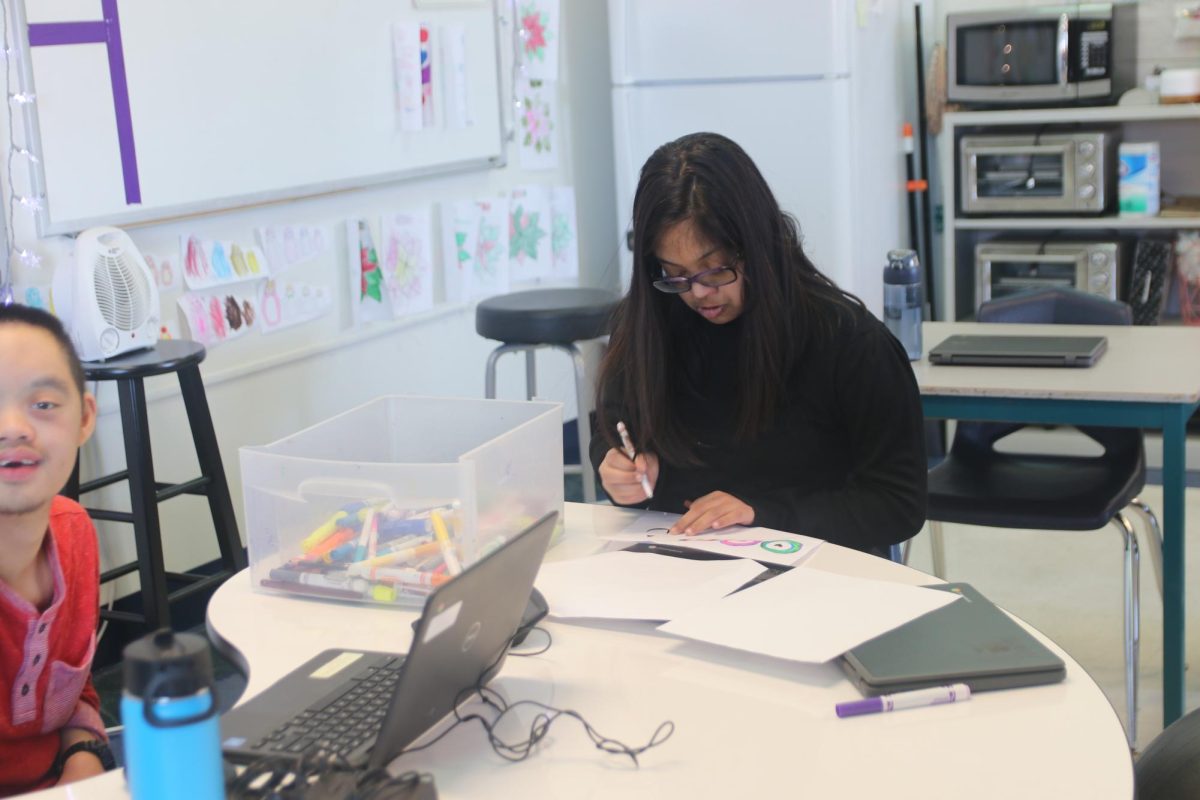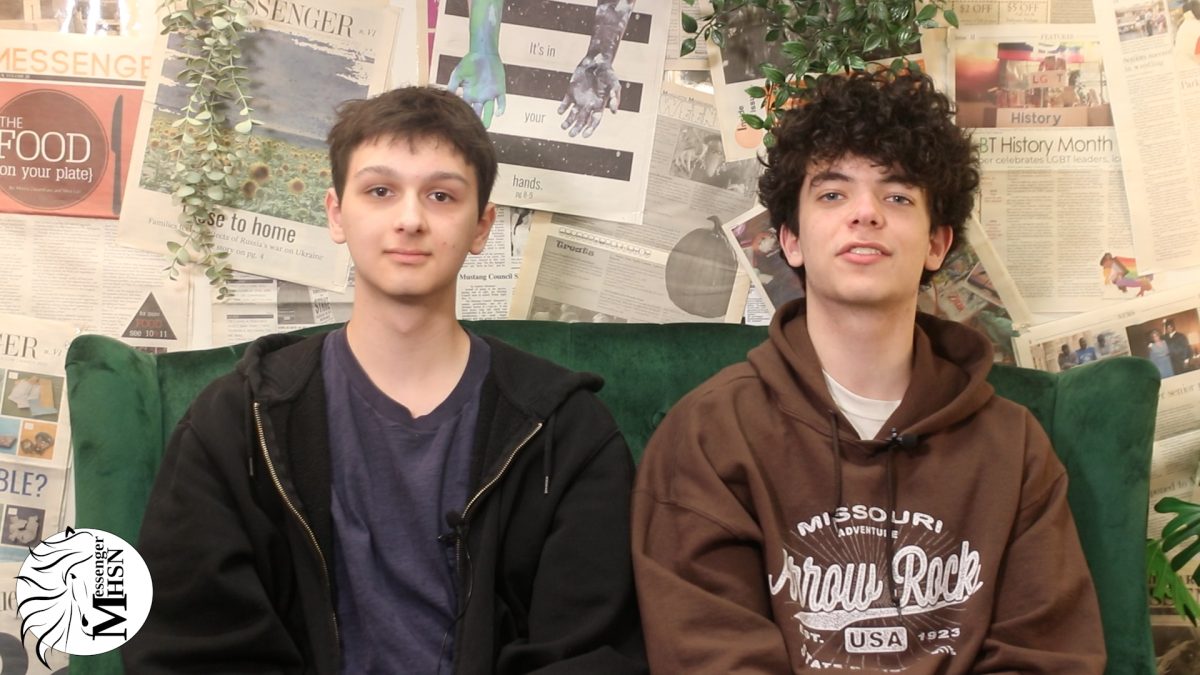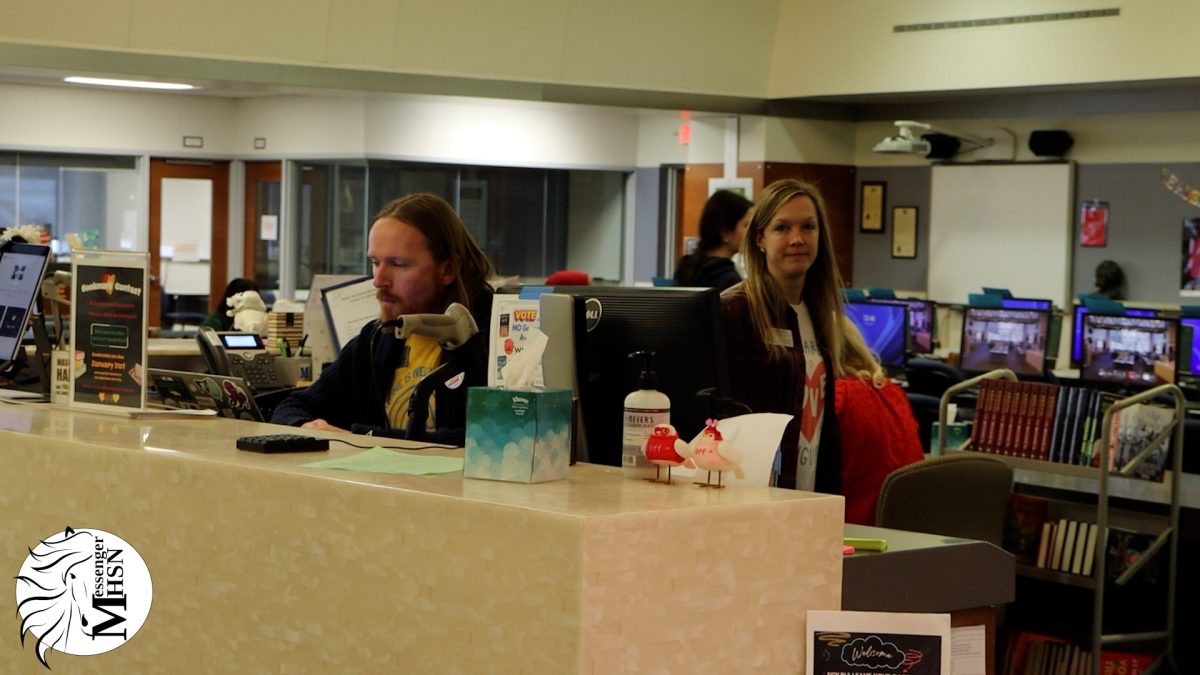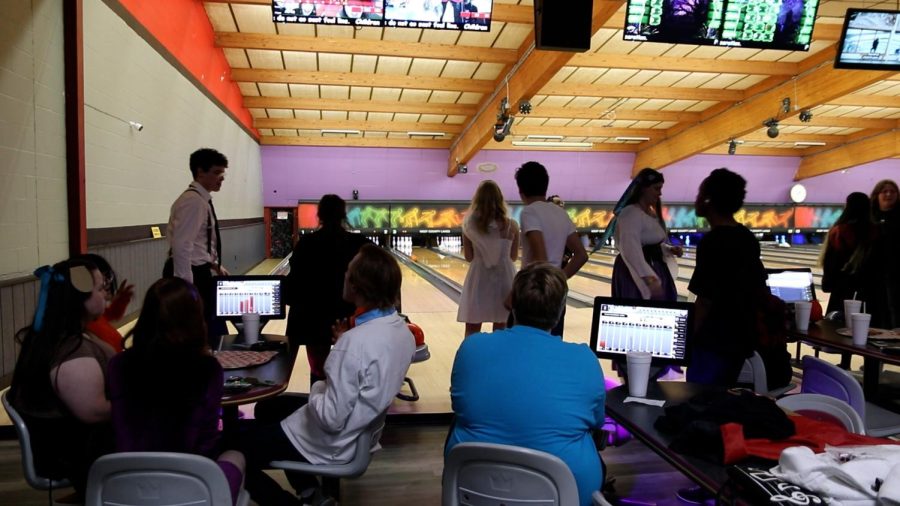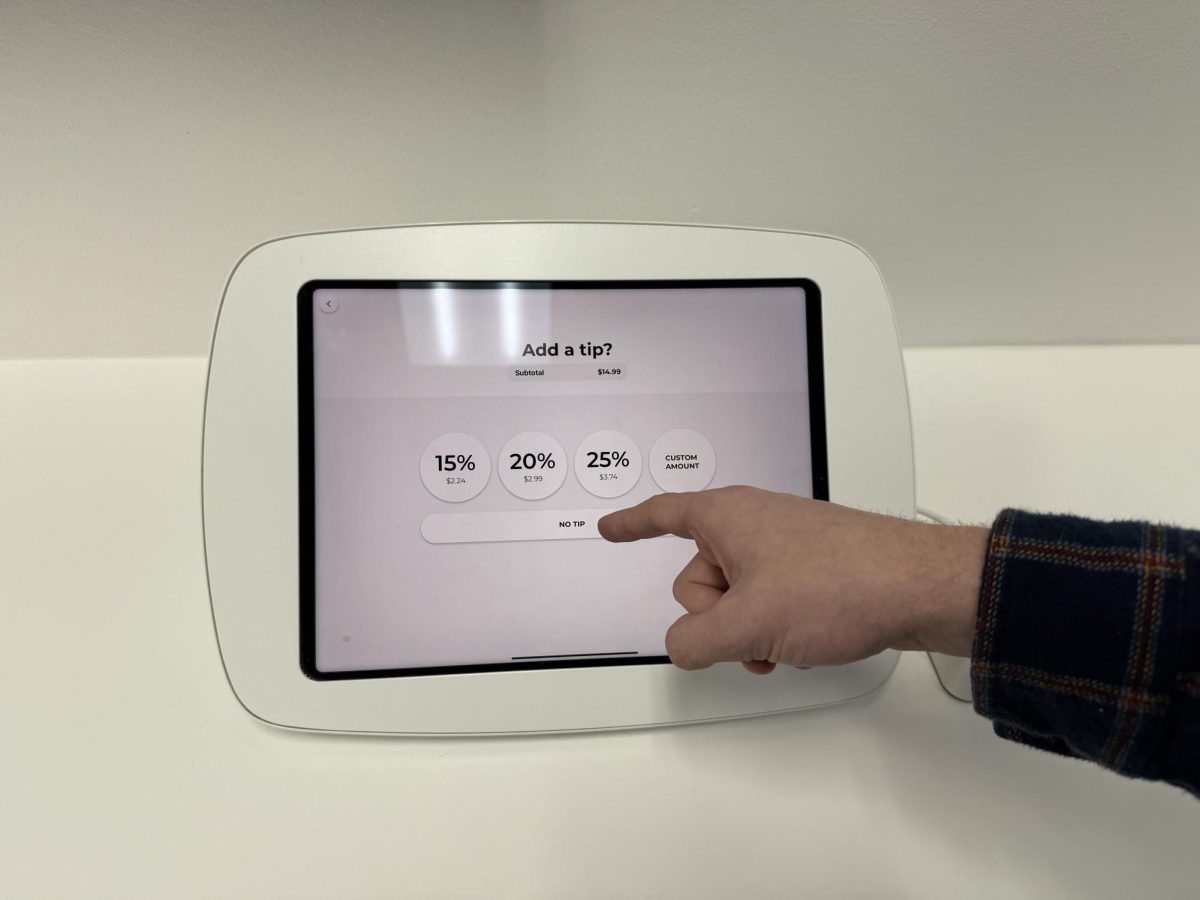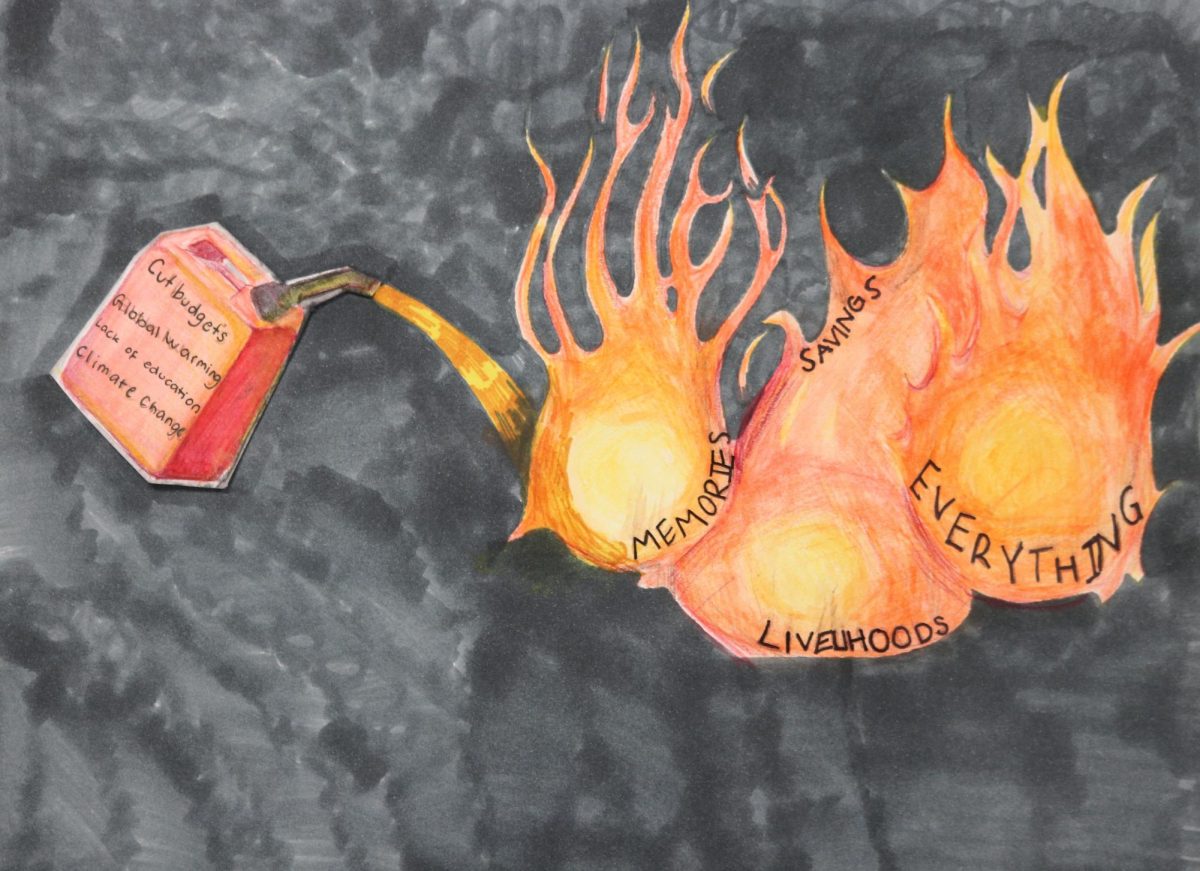Music is imperative to education
March 28, 2016
I can expressly say I would not be alive today had I lost either my sister or my ablity to listen to music.
But in our generation of Silion Valley innovation and scientific break-throughs, music is often undervalued.Because music provides an education that cannot easily be taught: the education of understanding.
My first realization on the impact of music came as I walked the streets of Washing Heights in New York City. All around me I was surrounded by ruggedness and scarcity; and yet, all around me I was surrounded by music
One block I would listen to discontented rap blaring from the man loitering next to the sidewalk; the next I would listen to the vibrant drums of a traditional Dominican music that reflected the culture of its residents. And as I entered the subway, the strums of a subway street performer would echo through the hallways.
Music, I realized, unlike other forms of education and art, has the unique ability to reach out to everyone. Educated and uneducated, black and white, free and repressed.
And in our world with issues of refugees, racism, sexism and more, the power to empathize with people and understand their pain and grief has never been more important.
But, in a society so focused on numbers, progress, and the “great” we often forget that we live amongst other people. Other experiences, other beliefs, other personalities.
During the great recession, the first programs, first educations, to be cut were the educations of music and the arts. Nation-wide schools were losing their arts programs, and in Rockwood, though we never went as far as disposing of our art programs, the music program has faced significant cut backs.
And even as we recover from the recession, funding has not been returning to music and the arts. Currently, our music program is in a “zero-balanced budget”. Basically, that means the music program doesn’t have any money to spend, but if there is something urgent that needs to be done, teachers can request for money.
The results of this budget are an increasing number of broken down and worn out instruments. Instead of being able to buy new instruments for student musicians, teachers have to continually repair old instruments.
Instead, programs of progress, of innovation, are receiving the benefits from our improving economy. People are fascinated—and rightly so—by new scientific studies that show us more about ourselves and our environment. Companies jump to include new and more efficient ways of operating and producing. But amidst our globalized, industrialized age, let us not forget the education that music teachers us. Let us not forget the ability to be kind and empathize with others.
This “music in our schools” month, let us use music to better understand our many different cultures, beliefs, races, and people and strive to create a kinder world.



